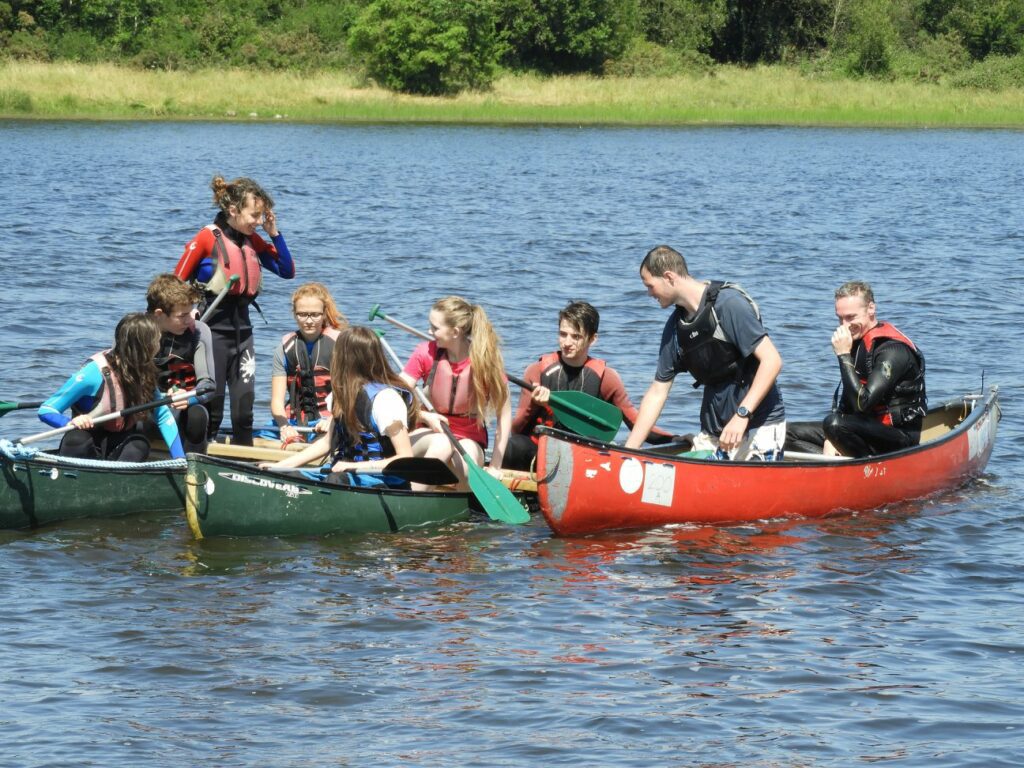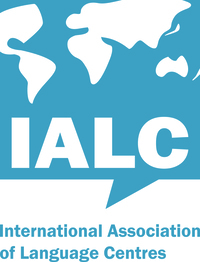Task-based learning (TBL) is a beacon of innovation in language education, revolutionising traditional teaching methods and fostering dynamic language acquisition experiences. In this comprehensive exploration, we’ll delve into the fundamentals of TBL, its advantages, key stages, and offer further reading recommendations to empower educators in implementing this transformative approach in their classrooms.


What is Task-Based Learning?
Task-based learning epitomises a learner-centred approach to language acquisition, prioritising meaningful communication and authentic language use. Rooted in the principles of communicative language teaching, TBL encourages learners to engage in activities where they use the target language to accomplish specific communicative goals. As articulated by renowned language education scholar Jane Willis, a task is an activity “where the target language is used by the learner for a communicative purpose (goal) in order to achieve an outcome.” By shifting the focus from rote grammar instruction to purposeful language use, TBL empowers learners to develop practical language skills that are immediately applicable in real-world contexts.
Advantages of Task-Based Learning
Productive Language Use: At the heart of TBL lies the notion of productive language use, whereby students actively engage with the language in communicative tasks from the outset of the lesson. By immersing themselves in authentic communication activities, learners develop the confidence and proficiency to navigate real-life language encounters with ease.
Relevance and Engagement: TBL thrives on relevance and engagement, leveraging tasks that resonate with students’ lived experiences and interests. By incorporating topics and activities that are personally meaningful to learners, educators can ignite a passion for language learning and foster intrinsic motivation among students.
Fluency and Accuracy: Through repeated exposure and practice, TBL cultivates both fluency and accuracy in language use. As students engage in tasks multiple times, they gradually refine their linguistic skills, honing their ability to express themselves confidently and accurately in various contexts.
Targeted Feedback: Central to the TBL approach is the provision of targeted feedback tailored to students’ individual needs. By closely monitoring task performance, teachers can identify areas for improvement and provide constructive feedback on vocabulary usage, grammatical structures, and communication strategies, thus facilitating ongoing language development.
Stages of a Task-Based Learning Lesson
Pre-Task: The pre-task phase serves as the foundation of the TBL lesson, where the teacher introduces the topic, elicits ideas from students, and provides necessary scaffolding to prepare learners for the upcoming task. Through brainstorming sessions and guided discussions, students activate their prior knowledge and set the stage for meaningful engagement.
Task: In the task phase, students actively participate in the assigned activity, utilising the target language to accomplish a specific communicative goal. As students collaborate and interact with one another, the focus shifts from language form to language function, fostering authentic communication and real-world language use.
Feedback: Following task completion, the feedback stage offers an invaluable opportunity for reflection and language refinement. Teachers provide targeted feedback on language usage, addressing both strengths and areas for improvement, and guiding students towards greater linguistic proficiency.
Task Repetition: Task repetition reinforces learning and allows students to apply feedback received, thereby enhancing fluency and accuracy in language use. By engaging in repeated iterations of the task, students consolidate their learning and build confidence in their linguistic abilities.
Feedback Iteration: The feedback iteration stage emphasises continuous improvement, as teachers highlight recurring language patterns and provide additional support to address persistent challenges. Through iterative feedback cycles, students refine their language skills and make measurable progress towards proficiency.
Task Variation: Task variation introduces complexity and adaptability to the learning process, challenging students to apply their language skills in diverse contexts and with different partners. By experiencing tasks in various forms and settings, students develop flexibility and resilience in their language use, preparing them for real-world communication scenarios.
Further reading
For educators seeking to deepen their understanding of Task-Based Learning, we recommend exploring “A Framework for Task-Based Learning” by Jane Willis (Longman). This seminal work offers practical guidance and theoretical insights into the implementation of TBL, equipping teachers with the tools and strategies needed to create dynamic and engaging language learning experiences.
Task-based learning represents a paradigm shift in language education, offering a holistic approach that integrates language form and function in meaningful contexts. By embracing the principles of TBL and adopting its key stages in lesson planning, educators can empower students to become confident, proficient language users capable of navigating diverse linguistic landscapes with ease.





